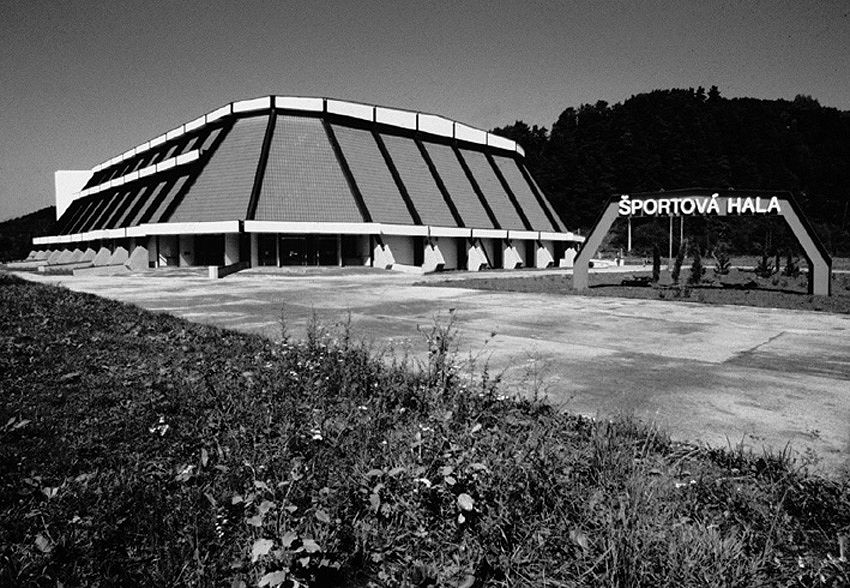Ľudovít Kupkovič, Architect and Photographer
The Communist regime was a dictatorship of power that wanted to control everybody and everything. There was a saying during communism – ‘who is not stealing from the state is stealing from his family.’It was one way of surviving.
I was born in 1943. When I started school in the first class, 1949, all of the children had to stand up and pray. One year later, in 1950, we had to stand up and we were not praying but singing, “The Song of Work.” Everybody said that we should forget about church and religion. Especially the teachers, who said that we should put God out of our minds. Those who were professing a different ideology than the official communistic one were considered enemies by the regime.

Everyone led a double life during communism, the public life and the private life. The public life was an obligatory loyalty to the communistic regime. My father was an office worker and a member of the communist party. He did this because he had to take care of his family. But in the evening he turned on the radio and there was “The Voice of America or “Radio Free Europe.” This was the only way to get information from the other side. Otherwise the state was like a prison, everything was centrally controlled. The communist block in Eastern Europe was isolated from the rest of the world by all possible means. At that time you cannot know what was behind the wall.
During these years the woman had to work too because the financial situation was that there was very little money. Even my mother who had four children had to work, because my father's salary wasn't high enough to maintain a family. The regime was influencing small children too. All the time they were telling children that the best state was Russia followed by the other socialist countries. All of the capitalist countries were really bad and all that they wanted was war. I believed that because nothing else existed.
When I was 13 or 14 I started to make sport. Nothing was better for a teenager than sports because sports were not touched by ideology. It was clean in that way. I was the holder of the Slovak national record in the triple jump when I was 22 years old. At this time, I went for the first time to Western countries as a sportsman. And there I really saw how it was. There was no more chance to believe in the communist ideology.
In the 1968, I was in obligatory military training, stationed at the soldiers’ sports club in Banská Bystrica. We had not so much to do with the normal military. This sports center was created for military sportsmen. When the Russian military occupation had started, we were told to be on alert and that we should defend against an attack. It was just for two days. Then came the order that we were not to be against the Russians. The government understood that the Russian army was too big. At that time, I really wanted to escape to the West, but it wasn't possible to do it together with my family. So instead, I resigned myself to my life.
But the next years were really rich. It was quite a good life for me as an architect. I designed residential buildings, cultural houses and then sport stadiums. The architecture was strongly influenced by ideology.
After the revolution, that brought again democracy to the Eastern European countries, it is apparent that the main thing is not ideology, but money. Who has money, rules. In general, in Slovakia, there is very little respect for the professional qualities of urbanists and architects. Developers don’t listen to architects; they don’t listen to experience. I am sure that it not only touches architecture but other sections of society. We have more shops, but less cultural and less green places. This is the direction now.
Since the revolution, I am an independent architect. I have more personal and creative freedom than before, and, at the same time, more responsibility. When I was an employee of the state they took care of my work and now I have to find it myself. In this period, I am designing smaller buildings, family house, interiors.
I think that this is a better time now. The common citizen is not like a sheep in the flock, but he has a bigger responsibility and he can decide for himself. To be a master of one’s own destiny is much better.
All my life I am doing what I like. I am happy for that.
This interview was in Slovak with the aid of a translator
Self-portrait by Ľudovít Kupkovič